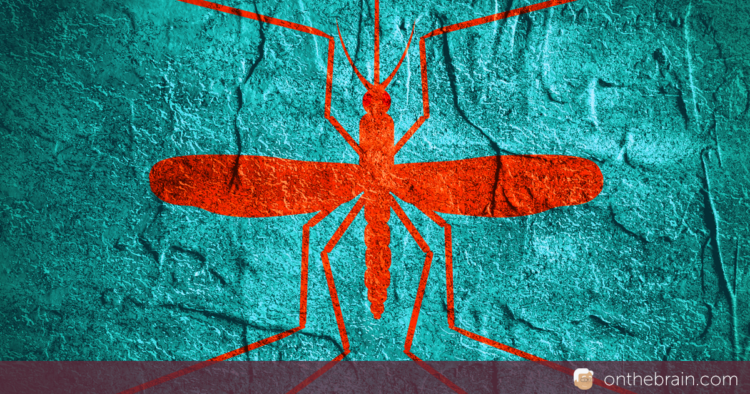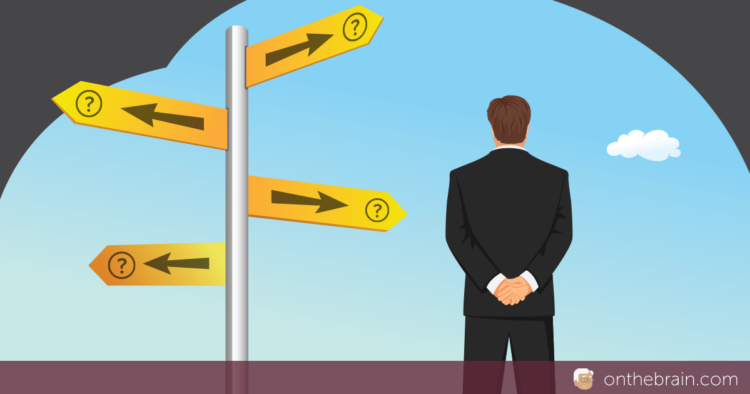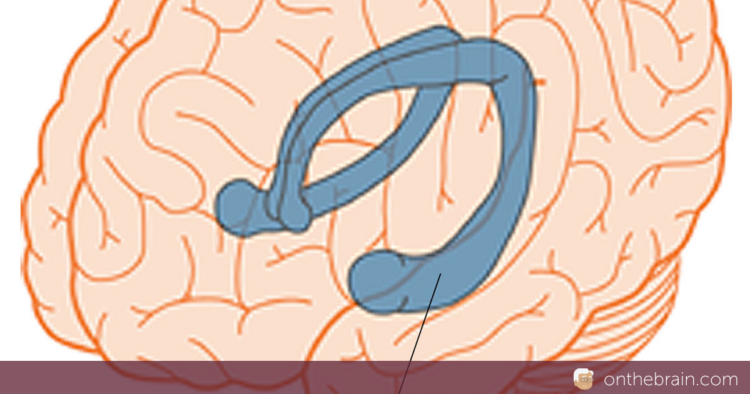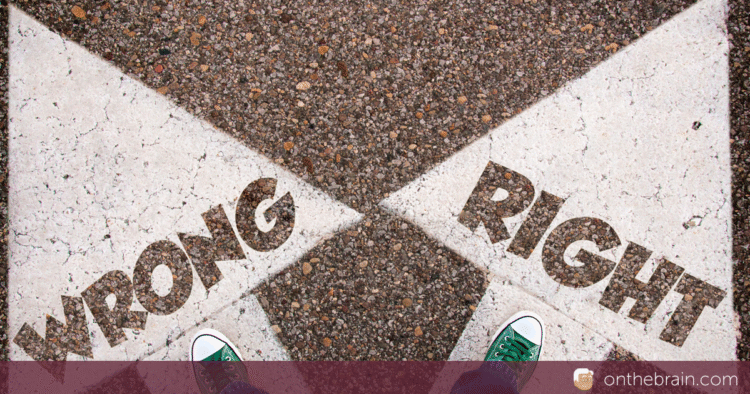A brain fitness graduate comes home
A couple of weeks ago, Jerry Emmons shared his story with Posit Science. It seems that the 84-year-old was spending much of each day re-living old, painful World War II memories. He had been the only survivor in his crew and the horror was haunting him more and more. “Post-traumatic stress disorder,” said his doctor.…





